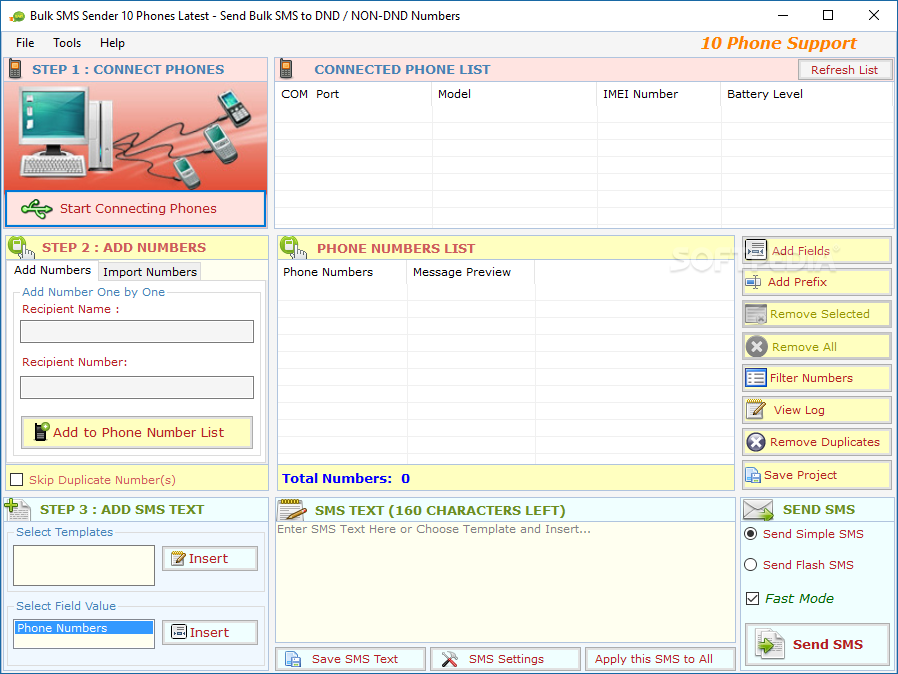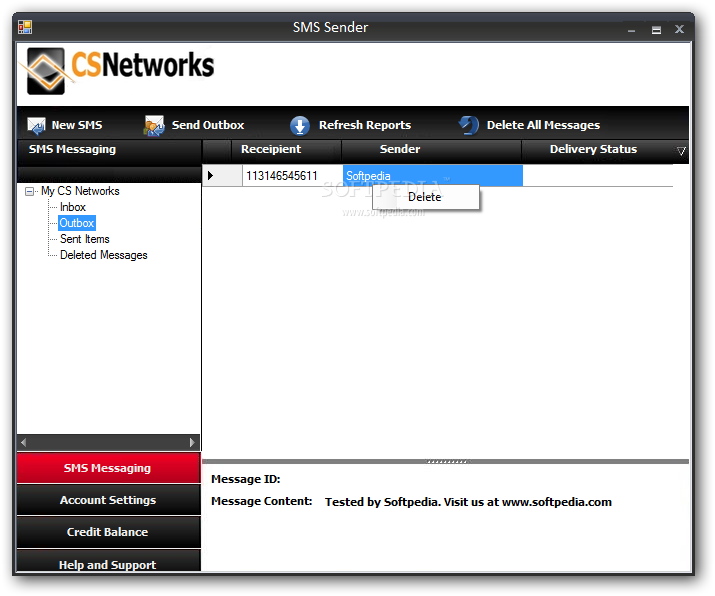

A discerning public is the key in this fight, where consumers are individually alert and raise collective awareness by sharing scam prevention tips with friends and loved ones. IMDA will continue to work with other stakeholders in the fight against scams. Scammers will continue to change their methods and tactics and there is no fool-proof measure even as we continue to monitor and implement additional safeguards. (Please see Annex A (340.64KB) for a summary of the multi-layered approach to combat scam SMS and scam calls).Ĭombatting scams is a whole of society effort, and the public should continue to remain vigilant. This has been done with the telecom operators to systemically reduce scam calls and SMS coming through the communication networks. These new measures by IMDA form part of an ongoing multi-layered approach to strengthen protection against online scams.

If the public has any information relating to online scams, including malicious SMS, URLs and other links, please submit it online at They can also submit information on malicious SMSes via the ScamShield app or website ( IMDA continues to partner the public in the fight against online scams in Singapore Key mobile operators (Singtel, Starhub, and M1) will implement anti-scam filtering solutions in their networks from end-October 2022. IMDA notes the public’s support for this proposal. Specifically, these solutions can detect malicious links within SMSes sent via our telecoms network. Machine-reading technology has made it possible to identify and filter potential scam messages upstream. Merchants are also urged to have their Sender IDs registered as early as possible with the SSIR. Consumers are advised to exercise caution upon receiving such SMS as these are non-registered Sender IDs. This is akin to a “spam filter and spam bin” and will be in place for around 6 months. Therefore, as a transition measure, all non-registered SMS Sender-IDs after 31 January 2023 will be channelled to a Sender ID with the header “Likely-SCAM”.

Implementation by January 2023 is driven by the need to act proactively to strengthen the SSIR.Īs some organisations may need more time to prepare and register, their SMS cannot be clearly differentiated from other SMS that come from unknown sources and may be scam messages. IMDA noted the support for the proposal by both the public and merchants.

Sms sender for spamming full#
The full registration requirement will take effect on 31 January 2023 as part of the efforts to build stronger anti-scam capabilities through the scams registry. This means that only bona fide Sender IDs belonging to organisations will be allowed. Moving forward, registration will be made mandatory. The current SSIR is a voluntary regime, which means only organisations that want to proactively protect their Sender IDs register with the SSIR. Scam cases perpetrated via SMSes make up around 8% of scam reports in Q2 2022, down from 10% in 2021. With the setting up of the SSIR in March 2022, there was a 64% reduction in online scams in Singapore through SMS from Q4 2021 to Q2 2022. This is part of the multi-pronged effort by IMDA and other stakeholders to further safeguard SMS as a communications channel and protect consumers from online scams in Singapore. Second, telecom operators will implement SMS anti-scam filtering solutions within their mobile networks, to automatically filter potential online scam messages before they reach consumers. The Infocomm Media Development Authority (IMDA) is set to implement two new measures following a public consultation.įirst, registration with the Singapore SMS Sender ID Registry (“ SSIR”) will be mandatory for all organisations that use SMS Sender IDs so that only bona fide organisations can use such Sender IDs.


 0 kommentar(er)
0 kommentar(er)
